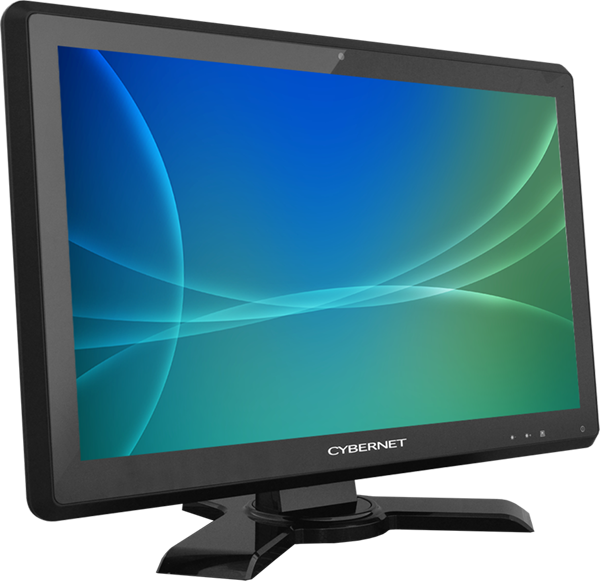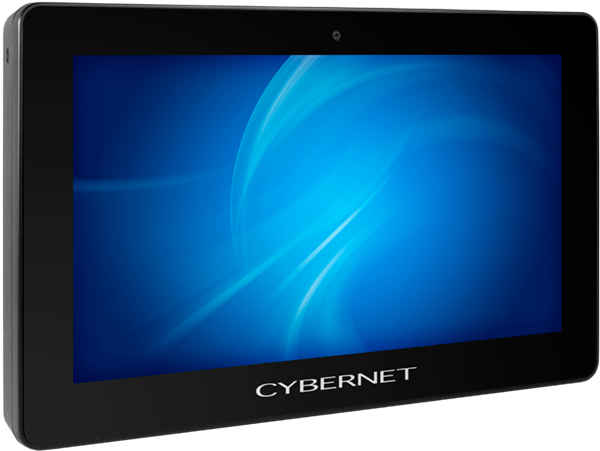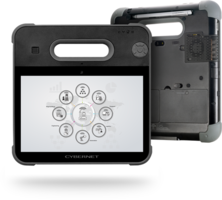Modern businesses must track and control countless moving and interacting parts. From accounting to procurement, from production to payroll, it can seem impossible to manage it all.
That’s why dedicated enterprise resource planning (ERP) software exists. An ERP system’s benefits and advantages are key to ensuring smooth operations for a business.
What Are ERP Systems?
In the past, a business’s separate departments would be managed separately, using paper records or their own digital platforms. Communication between departments would take place on an individual and unstructured level, which inevitably led to miscommunication and data silos. In turn, this led to lost efficiency, wasted money, and project failures.
An ERP system is meant to avoid that. At their most basic, ERP systems consist of a single shared data structure and database. This ensures that all the information a business uses is normalized, with the same terms and user experience for everyone.
For example, if a company manufactures plumbing pipes, an ERP ensures that a particular pipe made from a specific material and in a certain shape will have the same name, serial number, specifications, and cost across all departments. This helps ensure there is never miscommunication between teams when it comes to inventory management or customer orders.
ERP systems work best on dedicated enterprise computers, as these computers possess both the processing power needed to support such software and the security features required to protect such sensitive information.
Uses for ERP Systems
Given the sheer variety of tasks a business must fulfill, ERP systems must be equally flexible. Fortunately, an effective ERP system can handle a wide variety of tasks, such as:
Inventory Management and Purchasing
In the past, businesses had to track their inventory with paper records and make estimates of how much to purchase based on intuition. Naturally, this process was extremely error-prone, as a single missed entry could have had ramifications throughout the entire supply chain.
An ERP system helps avoid these kinds of mistakes. By scanning packages as they enter and leave a company’s inventory, an ERP can automatically update the database, informing users of what is getting shipped and to where. This gives the company greater insight into product trends and lets it forecast purchasing decisions.
Financial Management
Tracking a company’s accounts payable and accounts receivable often requires an entire team of financial experts. ERP systems consolidate this information into a single location and can be used to generate balance sheets, cash flow statements, and payment receipts. This drastically reduces the chances of errors or fraudulent orders slipping through the cracks.
Customer Relationship Management
Customer relationship management (CRM) is essential for any business with a strong sales focus. A CRM module in an ERP system can contain the entire history between the customer and the business, including purchase records, contact information, and previous communications. It can also help tag customers who might be interested in new products and services related to those that they have already purchased.
Human Resources Management
One of the largest and most significant expenses for any business is its personnel. Payroll, in particular, is a challenge due to tracking the number of hours worked, tax information, whether overtime was used, insurance, and numerous other factors. An ERP system can automatically track all of this information and simply generate paychecks every pay period, drastically simplifying an HR department’s workload. Similar systems exist for tasks like annual performance reviews and onboarding new hires.
ERP System Benefits
The benefits of ERP systems are as diverse as the businesses that use them. While specific use cases will differ from one company to another, the efficiency and insight that an ERP system offers are universal.
Higher Productivity
A well-designed and properly implemented ERP system smooths out virtually every action a business takes. By providing better internal reporting, easier customer service, and a more consistent infrastructure for employees, ERP systems help businesses sort out problems and finish projects sooner, letting them achieve a faster and more efficient workflow.
Easier Communication
By consolidating a business’s resources and tools on a single platform, an ERP system makes communication between departments easier. For example, if an accountant thinks they’ve found a fraudulent order placed by a customer, that customer’s CRM file will include which salesperson they’ve been in contact with. The accountant can then contact the salesperson directly to see if there was anything suspicious during the purchasing process. This direct communication and accountability help prevent waste throughout a business’s operations.
Better Security
Given how most businesses have migrated their operations to computer-based applications, outside threats have inevitably followed them. In 2023, a cyberattack occurred roughly once every 39 seconds, compared to once every 44 seconds in 2022. That’s why modern ERP systems integrate dedicated security resources, which has two benefits.
First, it reduces the workload for IT teams, as the ERP system’s developers handle security updates and patches on their end. Second, the all-encompassing nature of an ERP system means that employees don’t have to download applications on their own, downloads that may come with potential malware lurking in their files.
Cost Savings
The final major benefit of ERP systems is the overall savings they offer. By preventing inventory mismanagement, reducing IT costs, and accelerating progress on various projects, ERP systems help businesses save money in the long run. They also scale up and down as the business expands or contracts, allowing them to match the company’s needs rather than the other way around.
Considerations for Using ERP Systems
As with any new tool or program, using an ERP system requires serious consideration and research before committing to a solution. Before selecting an ERP system, make sure you answer these questions first.
Does it have the suite of tools you need?
Every ERP system is different and will have different focuses and features. Some will feature especially strong tools for sales teams, while others will focus on marketing support. One might focus more on logistics and shipping, while another is especially good at managing multiple expense accounts. Review the priorities of your business and consider where you need the most support.
Can your computer hardware support it?
There’s no point in purchasing an ERP system if you don’t have the hardware to run it. Dedicated enterprise computers are the ideal platform for ERP systems, as they have the processing power and built-in security features necessary to support and protect them. They can also come with built-in peripheral features, such as RFID readers and barcode scanners, making them ideal for tasks like inventory management. If you use both computers and handheld business tablets, look for an ERP solution that works seamlessly across both types of devices.
Can your current software work with it?
The final consideration is whether the ERP system can work alongside your current software infrastructure. While most ERP systems are designed to handle a business’s operations completely, some companies have specialized, proprietary software that can’t be easily replaced or replicated. If you have that kind of software in your business, it’s absolutely critical that any ERP you consider using can interact with it safely and efficiently.
ERP-Ready Enterprise Computers from Cybernet Manufacturing
An ERP system’s benefits and advantages make using one an obvious choice for any business. All it requires is the right hardware to support its processes.
If your business is considering implementing a new ERP system and needs the right computers to support it, contact the team at Cybernet Manufacturing. We’d be more than happy to explore how our enterprise computer solutions are perfect for supporting ERP systems of all sizes and configurations.


